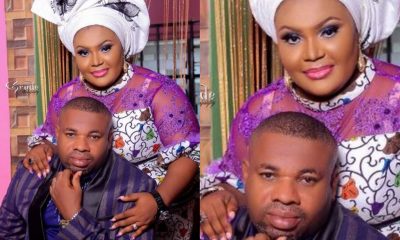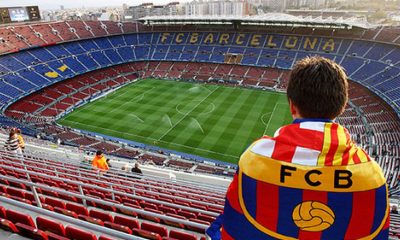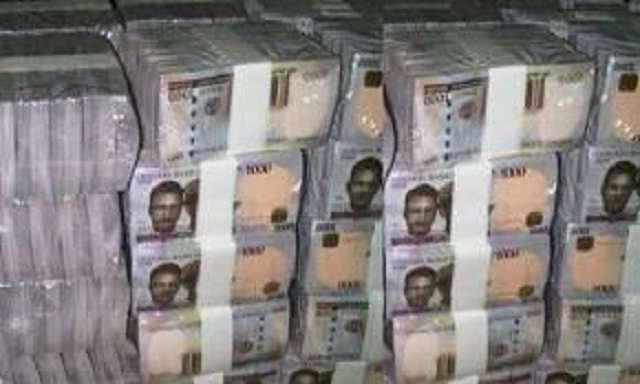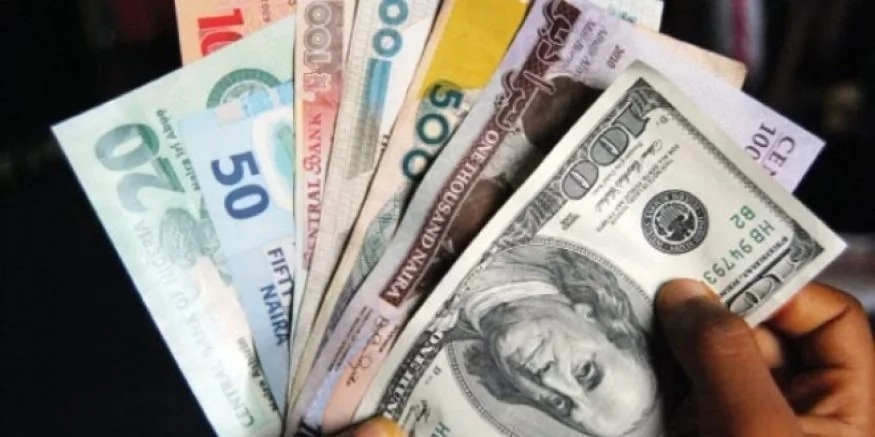Entertainment
Money Can Buy Happiness

Happiness is a personal measurement that is hard to apply universally. Plus, the data is always changing. Just eight years ago, the happiest people in the world made $75,000. That was from a study of Gallup surveys of 450,000 Americans in 2008 and 2009. According to the Purdue University survey, that “is just paying your bills and having enough to stay afloat.”
What good are these studies?
While these types of studies make good news, they aren’t very helpful for assessing your own personal happiness—unless you get happy by comparing yourself to others.
But one good thing all these types of surveys do reveal is that it’s important to understand what kind of happiness you’re looking for in life. And part of that means understanding what money means to you and why you want it in the first place. After all, money is just a tool. It can’t, in itself do anything. It can only be leveraged to do other things.
So, it’s important to determine what money means to you.
What does money mean to you?
Most people don’t take the time to sit down and understand what they really believe about money. For some, money is the root of all evil, to be avoided at all cost, not talked about, and demonized. People who make money are the enemy. It’s the rich against the poor.
For others, money is everything. They’ll sacrifice friends, family, and integrity to get it. It’s a dog-eat-dog world.
For better or for worse, our understanding of money often shapes our life. And our understanding of money is often something that is passed down to us from a young age, received without a critical eye, and lived out in unseen ways. Because of this, money often rules us in ways we can’t understand, because we don’t truly understand money and the way in which it works.
Money is evil?
My poor dad had a strong belief that the love of money was evil and that excessive profit meant you were greedy. He didn’t believe that money could buy happiness.
As the head of the Hawaii school system, he felt embarrassed when newspapers published how much he made because he felt overcompensated in comparison to the teachers who worked for him. He was a good, honest, hardworking man who did his best to defend his point of view that money wasn’t important in life.
My highly-educated, yet poor, dad constantly said:
- “I’m not that interested in money.”
- “I’ll never be rich.”
- “I can’t afford it.”
- “Investing is risky.”
- “Money isn’t everything.”
Later in life, my poor dad regretted many things, including the fact that he didn’t have much to leave his children. I still remember him tearfully apologizing to my siblings and me when he was sick in the hospital.
For a man who didn’t believe that money couldn’t buy happiness, he was very miserable for not having it. It grieved me deeply that his view of money contributed to his sadness.
Money is an important tool
My rich dad had a different point of view. He thought it’s foolish to spend your life working for money and to pretend that money wasn’t important. Rich dad believed that life was more important than money, but that money was important for supporting life.
He often said, “You only have so many hours in a day, and you can only work so hard. So, why work hard for money? Learn to have money and people work hard for you, and you can be free to do the things that are important.”
To my rich dad, what was important was:
- Having lots of time to raise his kids
- Having money to donate to charities and projects he supported
- Bringing jobs and financial stability to the community
- Having time and money to take care of his health
- Being able to travel the world with his family
“Those things take money,” said rich dad. “That’s why money is important to me. Money is important, but I don’t want to spend my life working for it.”
My rich dad understood that money was just a tool that enabled you to do the things that brought you the most happiness. Rich dad’s aim in life wasn’t to make the most money so that he’d be happy. Rather his aim was to fully understand what made him the happiest in life, and then to make enough money to allow him to pursue those things. That is why he believed that money could buy happiness.
What’s important to you?
Most people find the same things to be important that my rich dad did. I know my poor dad did.
The problem for my poor dad, however, was that his attitude towards money kept him poor. And because he was poor, he didn’t have the ability to fully do the things that were important to him.
The truth is that money isn’t everything, but it does help us do everything we love.
So, what’s important to you? Are you freely able to do the things you love? Or are financial struggles holding you back?
And how do you view money? Is it evil or is it a tool to help you do what’s important?
How you answer that question changes everything.

















